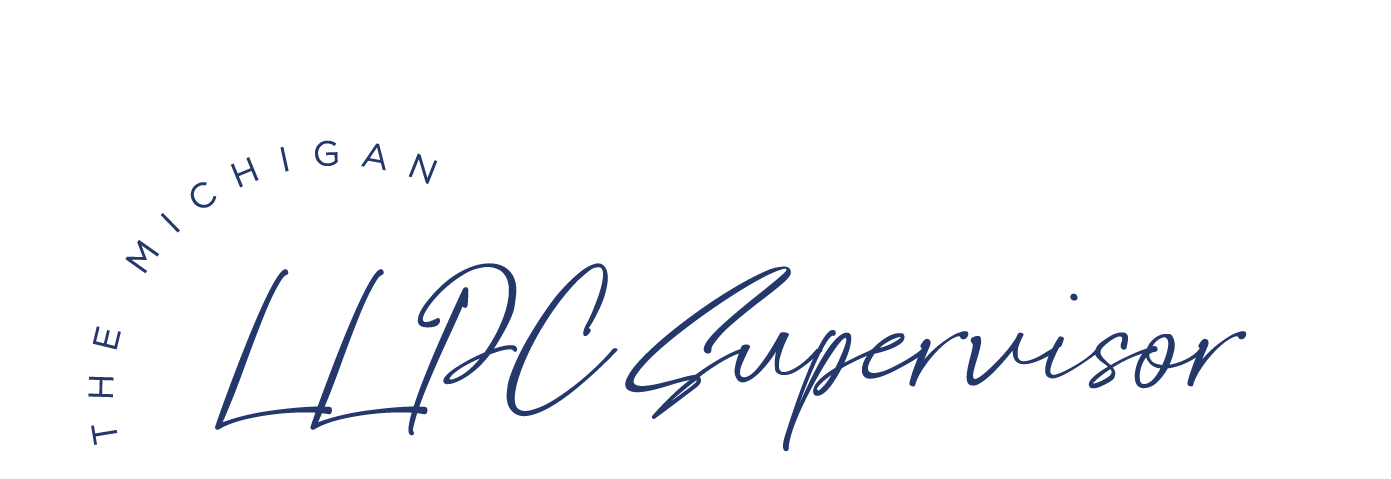Reflective Supervision Basics for the LLPC
Thoughtful and purposeful reflection within clinical supervision is paramount for the professional growth of Limited Licensed Professional Counselors (LLPC). A clinical supervisor's role extends beyond oversight; it involves guiding counselors to step back from their experiences, fostering self-awareness, and encouraging personal and professional development.
Building a strong foundational relationship based on trust and honesty between LLPC and supervisor is crucial to enable reflective supervision effectively. Supervisees must feel safe to express themselves, ask questions, and voice concerns without fear of judgment. When LLPCs feel supported and valued, they can fully engage in the supervision process, enhancing their clinical development.
Establishing clear expectations at the outset of the supervisory relationship is essential. Providing LLPCs with a written agreement detailing expectations and discussing their preferred supervision style fosters mutual understanding and alignment. This approach ensures appropriateness of fit and clarity regarding responsibilities from the outset. My supervisee’s all get a copy of the LLPC Written Agreement detailing my expectations of them throughout their 100 supervised hours of clinical work. We also discuss what type of supervision is most helpful for them, what they expect of me, and most importantly, how they will let me know if there is something they need that they’re not getting. Starting the supervisory relationship this way helps me check for appropriateness of fit between him/her and I, while making expectations clear.
Consistency is key throughout the supervisory relationship. Regular meetings, ideally biweekly, allow for ongoing support and guidance. LLPCs are encouraged to bring thoughts, questions, and case updates to each session, facilitating focused discussions and maximizing the benefits of supervision.
Reflective supervision prompts LLPCs to delve deeper into their client work, exploring their responses and internal processes. The supervisor plays a pivotal role in facilitating this exploration, identifying patterns, and encouraging deeper reflection. However, it's important to note that reflective supervision is distinct from therapy, focusing solely on the counselor's professional growth and client work.
Creating pauses within fast-paced supervisory meetings allows for deliberate reflection and encourages open dialogue. Embracing the occasional silence can lead to meaningful insights and discussions, fostering a culture of introspection and growth.
Professional disclosure statement (you can find my How To Write a Professional Disclosure Statement guide here along with a copy of a disclosure statement sample) and then they send their application for LLPC off to the state. Since COVID turn around times for licenses seem to have slowed down a bit, 4’ish weeks I’m finding. An LLPC can check the LARA website, once an application has been received typically their name will appear when entered into the search fields with “pending” as the license status. LLPCs must wait for the license to be received in the mail to begin practicing and begin supervision hours.
Integrating reflective practices into supervision sessions requires intentionality and commitment. Supervisors should prioritize carving out dedicated time for reflection and resist the urge to rush through discussions. By fostering an environment conducive to reflection, supervisors can empower LLPCs to enhance their clinical practice and promote ongoing professional development.
In what ways do you prioritize reflective practices in your supervision sessions with LLPCs? How do you ensure you avoid rushing through discussions and provide ample time for reflection?

